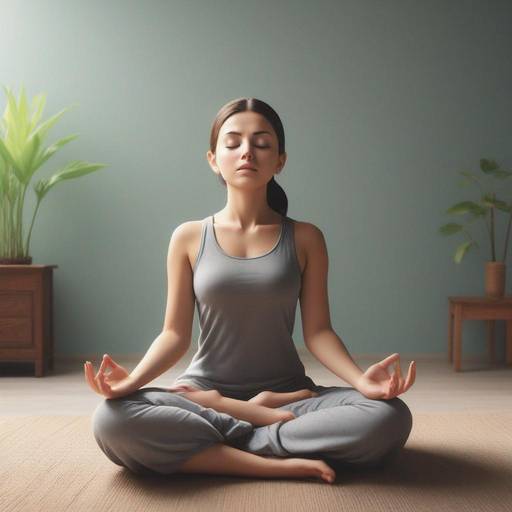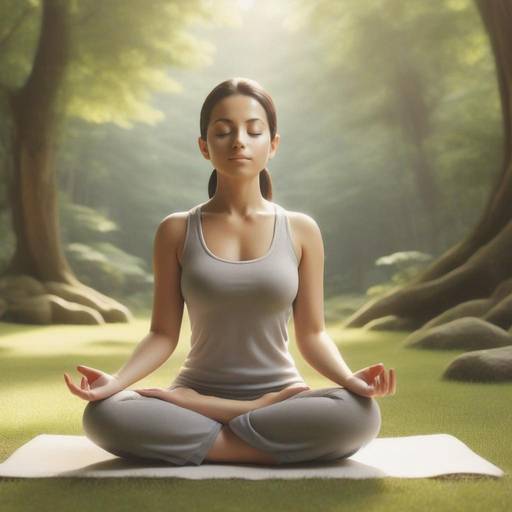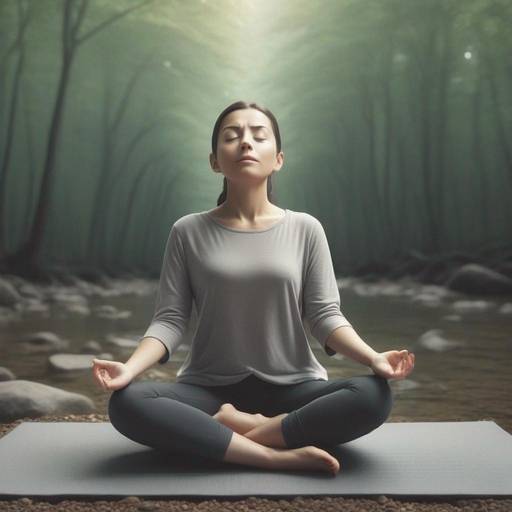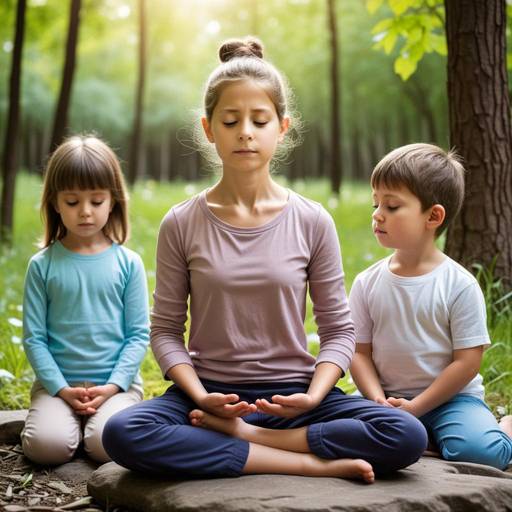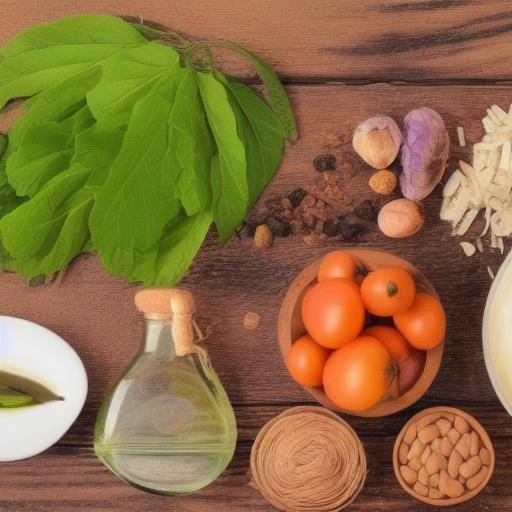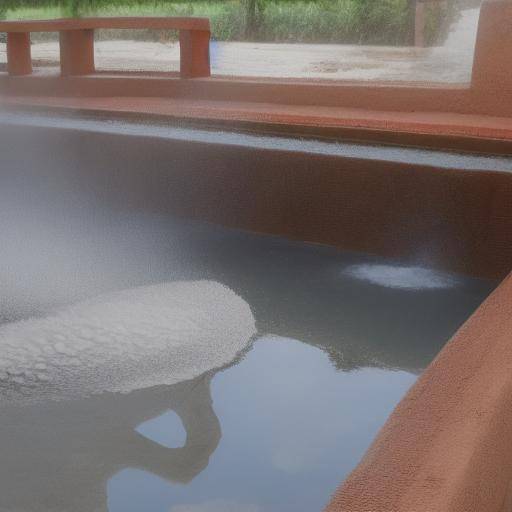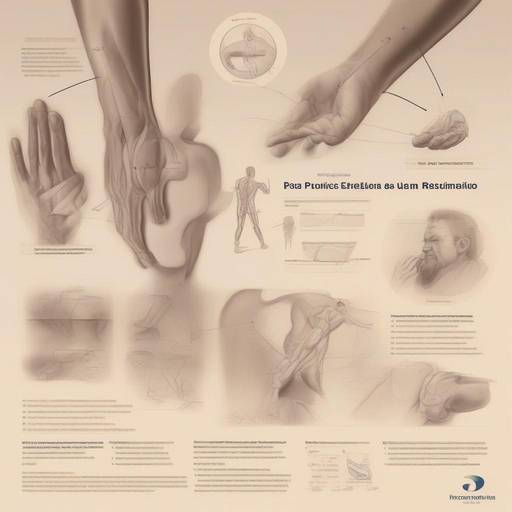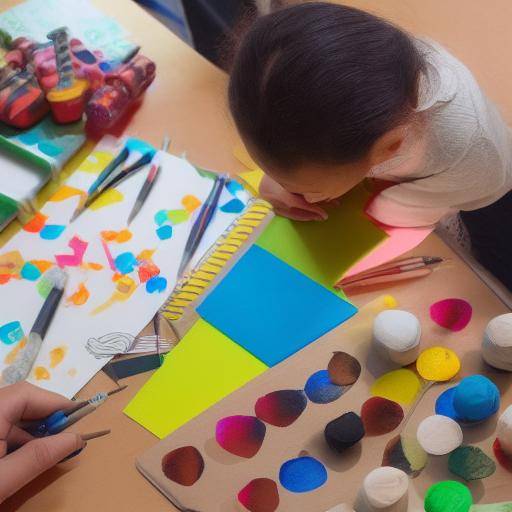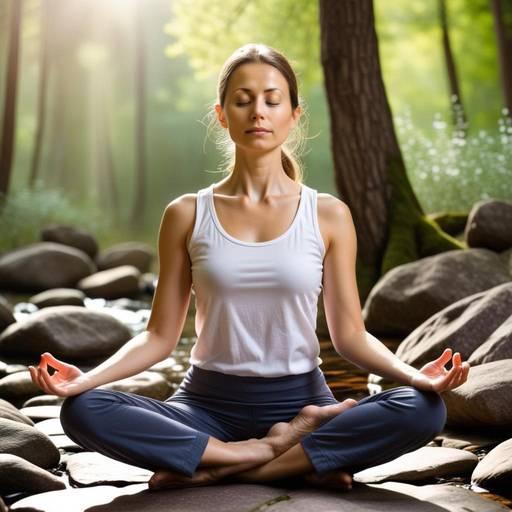
Modern life can be stressful, and many of us are looking for ways to handle that tension. One of the most effective methods to combat stress is through meditation. In this article you will learn how meditation can help you reduce stress, care practices and relaxation.
Introduction
You are fighting daily stress and looking for an effective way to get rid of this burden. Meditation, an ancestral practice, has remained relevant over time as a powerful tool to reduce stress. In this article, you will immerse yourself in the world of meditation and discover how your life can transform, providing you with the tools necessary to face everyday challenges with mental clarity and calm.
Meditation and stress
Meditation, a millenary technique, has proven to be an effective tool to reduce stress. Discover how this practice can positively influence your physical and emotional well-being, as well as your ability to face daily challenges.
Origin and importance
Meditation has deep roots in ancient cultures such as Buddhism and Hinduism. Over the centuries, it has evolved and adapted to different contexts, maintaining its main objective: to reduce suffering and achieve inner peace.
Proven benefits
Numerous scientific studies support the benefits of meditation to reduce stress. To reduce blood pressure to decrease anxiety, meditation has proven to be an integral tool for managing stress in modern life.
Care practices
Attention, a specific form of meditation, has been popularized as an effective practice to reduce stress and promote mental well-being. Explore how the conscious approach can contribute to your holistic health and your ability to manage stress.
Foundations and Applications
The focus is on full attention at the present time, observing thoughts and feelings without judging them. This practice can help you recognize and manage stress more effectively, allowing you to respond instead of reacting to stressful situations.
Effects on tension
Studies have shown that regular mind practice can reduce reactivity to stress, improve emotional resilience and promote greater sense of general well-being.
Relaxation
In addition to meditation and attention, relaxation techniques are fundamental to countering stress. Discover how conscious relaxation can complement your efforts to reduce stress and improve your quality of life.
Importance of relaxation
Conscious relaxation includes practices such as deep breathing, yoga and visualization, all designed to reduce physical and mental tension and promote inner calm.
Integration with Meditation
Relaxation is naturally integrated with meditation and attention, offering a holistic experience that addresses stress from different angles and providing a deep sense of rest and renewal.
Final councils and recommendations
After exploring meditation, attention and relaxation, you are ready to integrate these practices into your daily life. Here are some practical tips to start:
- Dedicate time every day for meditation and attention.
- Explore different relaxation techniques to find the one that benefits you most.
- Find the guide of an instructor or participate in classes to learn the practices.
- Be patient with yourself and keep an open and responsive attitude to experiences.
Conclusions and FAQs
In conclusion, meditation, attention and relaxation offer powerful tools to manage stress and improve their quality of life. By adopting these practices, it can cultivate calm, mental clarity and well-being in the midst of daily tensions. Start your journey to a more balanced life today!
Frequently asked questions
1. What is the best time to meditate?
The best time to meditate is the one you can find tranquility and a constant routine. Some people prefer the morning, while others choose the night to disconnect after a difficult day. The key is to find a time that works for you and keep it consistently.
2. What is the difference between meditation and attention?
Meditation is the act of exercising the mind to achieve a higher state of consciousness, while the mind focuses on paying full attention to the present moment. Meditation can be a practice within the mind, but attention can also be exercised in daily life, without the need to be in a meditation position.
3. Are guided meditation applications recommended for beginners?
Guided meditation applications can be incredibly useful for those who simply begin to explore meditation. They offer structure, guide and variety of practices adapted to different needs and times. However, it is important to choose applications with credibility and focus on the authenticity of practice.
4. Is meditation and attention appropriate for all?
Yes, meditation and attention are good practices for most people. However, those who struggle with severe mental disorders should seek guidance from a mental health professional before starting these practices.
5. How long do you need to notice the benefits of meditation?
The benefits of meditation may vary from person to person, but some individuals begin to experience a sense of calm and mental clarity within a few weeks of regular practice. The key is constancy and patience.
6. How can I integrate meditation and mental care into my busy daily routine?
You can integrate meditation and attention into your busy daily routine by only a few minutes a day to practice. You can adjust your schedule to include short meditation sessions when waking, during lunch or before bedtime.
With these tips, you will be ready to incorporate meditation, care and relaxation into your daily life, overcoming stress and cultivating a lasting feeling of well-being. Start your journey to a more balanced life today!
Remember that regular practice and patience are key to reaping the benefits of these powerful tools. Enjoy the journey to a quieter mind and a lighter heart!
In short, meditation and mind offer valuable tools to manage stress and improve your overall well-being. By incorporating these practices into your daily life, you can face the challenges calmly and clearly.




